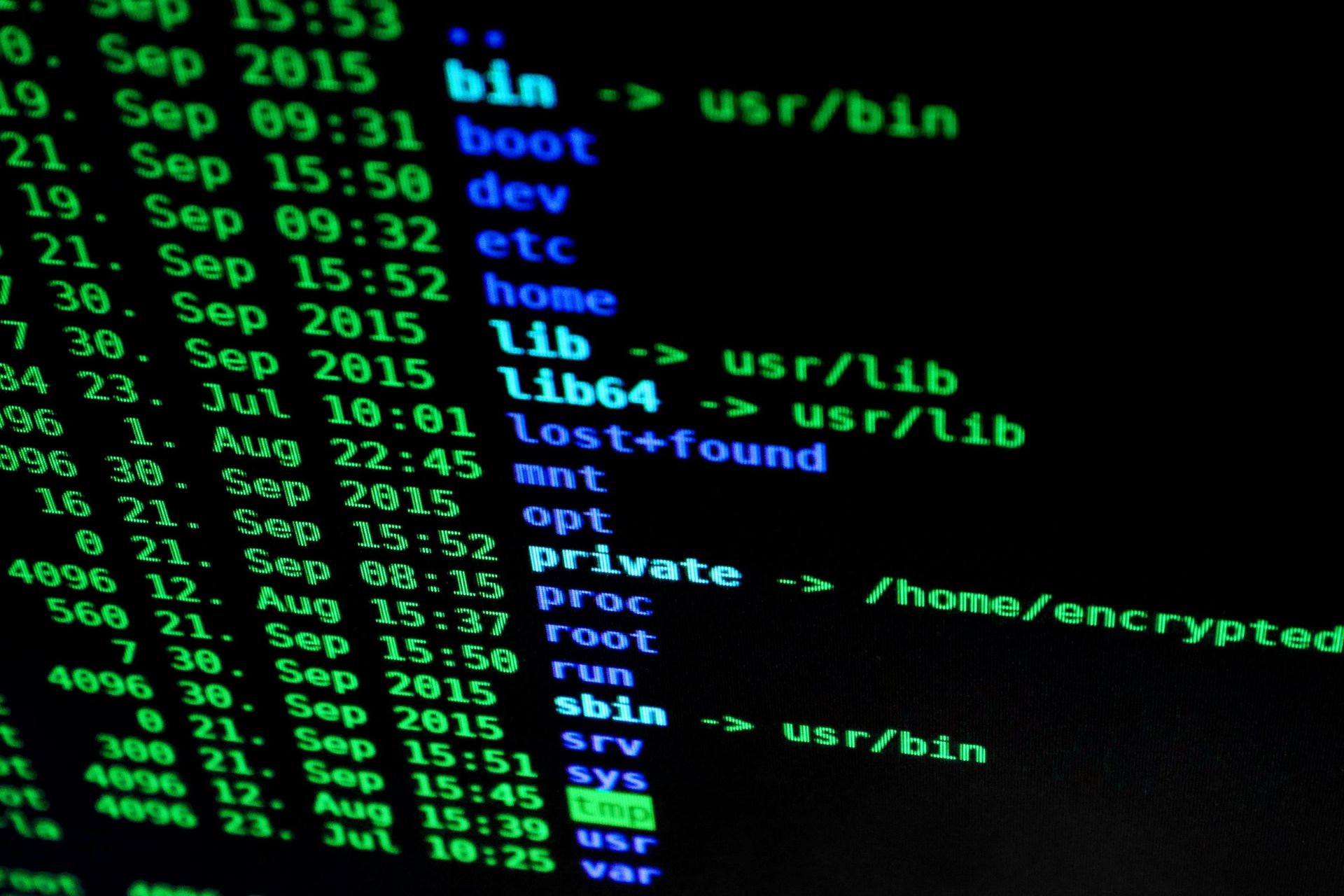
Table of Contents
ToggleDid you seriously fall for the fairy tale that cryptocurrencies are the work of wizards? Get real! What are you, kidding me? As if money came out of thin air, with secret superpowers and without anyone having to lift a finger. That’s for toddlers, pal!
The real, honest-to-goodness truth is that behind all this showmanship, there are people, like you and me, doing the most boring job in the world. And no, to be clear, I’m not talking about miners. Miners are the folks who bust their backs for a few coins. I’m talking about the true elite: the nodes.
If miners are in charge of chipping away at the stone, nodes are the ones who worked like beasts to build the entire pilgrimage route. Why? So you can feel like a digital pilgrim, but without the sore muscles and blisters.

What is a node in the crypto world?
Look, so you get it once and for all and stop with the nonsense, let’s leave the fancy talk aside. Imagine the crypto world is like your neighborhood, but without the mayor who thinks he’s the boss.
For people to know what’s going on, where every shop is, and who paid the bill at the bar, you need a ledger where everyone writes down what they do.
In the crypto world, that ledger is called the blockchain. And that ledger, instead of being kept in a bank by some guy with a mustache and a suspicious face, is distributed across thousands—and I mean thousands—of computers. How modern is that, dude!
Well, a node is one of those computers. It’s as if everyone in the neighborhood had a notebook with the same list of transactions. “John paid the baker,” “Mary bought some beers to share with Bob,” and so on.
When you make a payment with crypto, you tell your notebook (your node), and it, like a good gossip, shouts it out to the rest of the neighborhood (the network) so they can write it down in their notebooks. This way, it’s impossible for some clever person to come along and claim they made a payment they didn’t. It’s awesome!

What are nodes used for?
Now that you know what they are, you’ll wonder what they’re for, besides making you feel like a genius. They’re for everything, man!
- Blockchain storage: They’re the ones who keep the entire ledger. They don’t let anyone change history or cheat. Your node is the notary that certifies that everything is true and there are no weird stories.
- Transaction validation: Every time a payment is made, your node verifies it. It makes sure the payer has the money, that the signature is legit, and that the transaction is trustworthy. If something doesn’t add up, it blocks it, and that’s the end of it. They’re the bouncers at the network’s nightclub. If you don’t fit the profile, you’re not getting in, period.
- Data relay: When they validate a transaction, they send it to the rest of the nodes so they can write it down in the ledger. They’re the neighborhood gossips, but the helpful kind, making sure the info gets out quickly.
And now, the important part: what do you gain from all this hassle? Sovereignty, privacy, and total control. If you use someone else’s node, you’re giving them your trust, you’re saying, “Hey, you who understand this, tell me if my money is mine.” But if you use your own, you’re the one checking. You’re the one who knows, who verifies, who controls. Your crypto, your rules.

Types of nodes and their differences
Not all nodes are the same; this isn’t the army! There are types for every taste and quirk, like they’re custom car models.
- Full Nodes: These are the true purists, the ones who have a full and complete copy of the blockchain from day one. You need a generous hard drive and a connection that isn’t from the Stone Age, but they are the foundation of the network’s security. With these, you laugh at trust; you only trust yourself, as it should be!
- Pruned Nodes: These are the smart ones who’ve figured out how to be just as secure without taking up a ton of space. They only save a part of the data, just enough to keep validating. They’re like the people who read the book summary, but they know what the plot is about and you can’t trick them!
- SPV Nodes (Simplified Payment Verification): These are the lazy ones by the book. They don’t download the whole blockchain; they rely on the full nodes. You tell it what you want to do, and it goes and asks a full node if it’s valid. They’re practical but less secure because you depend on a third party, and in this life, you can’t depend on anyone!
- Archival Nodes: These are the historians! They don’t just have the complete blockchain; they save every tiny detail and every bit of metadata. They’re for those who have a NASA computer and love the idea of “knowing everything and saving everything just in case.”

Why running your own node matters
Look, they’ll come at you with the story that “running a node is only for geeks,” that “it’s not worth it,” or that “you’ll spend a fortune on electricity.” What a load of nonsense! The truth is, running your own node is an act of pure rebellion. It’s telling the system: “I don’t trust you.”
You don’t do it just for the network, although you do help make it stronger. You do it for yourself, for your benefit. Because there’s nothing more secure than verifying for yourself that your money is yours. You don’t depend on an intermediary who might fail, get hacked, or, even worse, tell you that you can’t move your money.
With your own node, the only one in control is you. And that’s the essence of cryptocurrencies. It’s a shield against censorship and a declaration of financial independence. It’s like putting a lock on your house and knowing that only you have the key.

The role of Bitcoin and its community with nodes
In Bitcoin, the topic of nodes is almost a religion, a cult. Their motto is “Don’t trust, verify!” This phrase is the backbone of the community. They know that decentralization isn’t just a pretty word; it’s a reality that is built and maintained by everyone’s participation.
It’s not about a company or a group of ‘supercomputers’ controlling the network. It’s about you, with your laptop or a Raspberry Pi, being part of the network. It’s people power, a very anarchist vibe, in the best sense of the word. It’s a community that values individual sovereignty above all else. It’s one of the few things in this world where trust isn’t placed in an institution but in a mathematical system that you yourself can audit.

Innovations and the future of nodes
And this doesn’t stop, man. People never stop racking their brains to make things easier and better. New technologies like UTreeXO are being created to make running a node as easy as installing an app on your phone.
The future, my friend, is for everyone to be able to have their own node. Imagine a world where you don’t need a NASA computer to be your own bank. A world where you, and only you, have total control of your money, your privacy, and your data. A world where the phrase “your crypto, your rules” isn’t just a motto, but a reality. And that, my friend, is achieved one node at a time. Do you dare to be part of the change?




